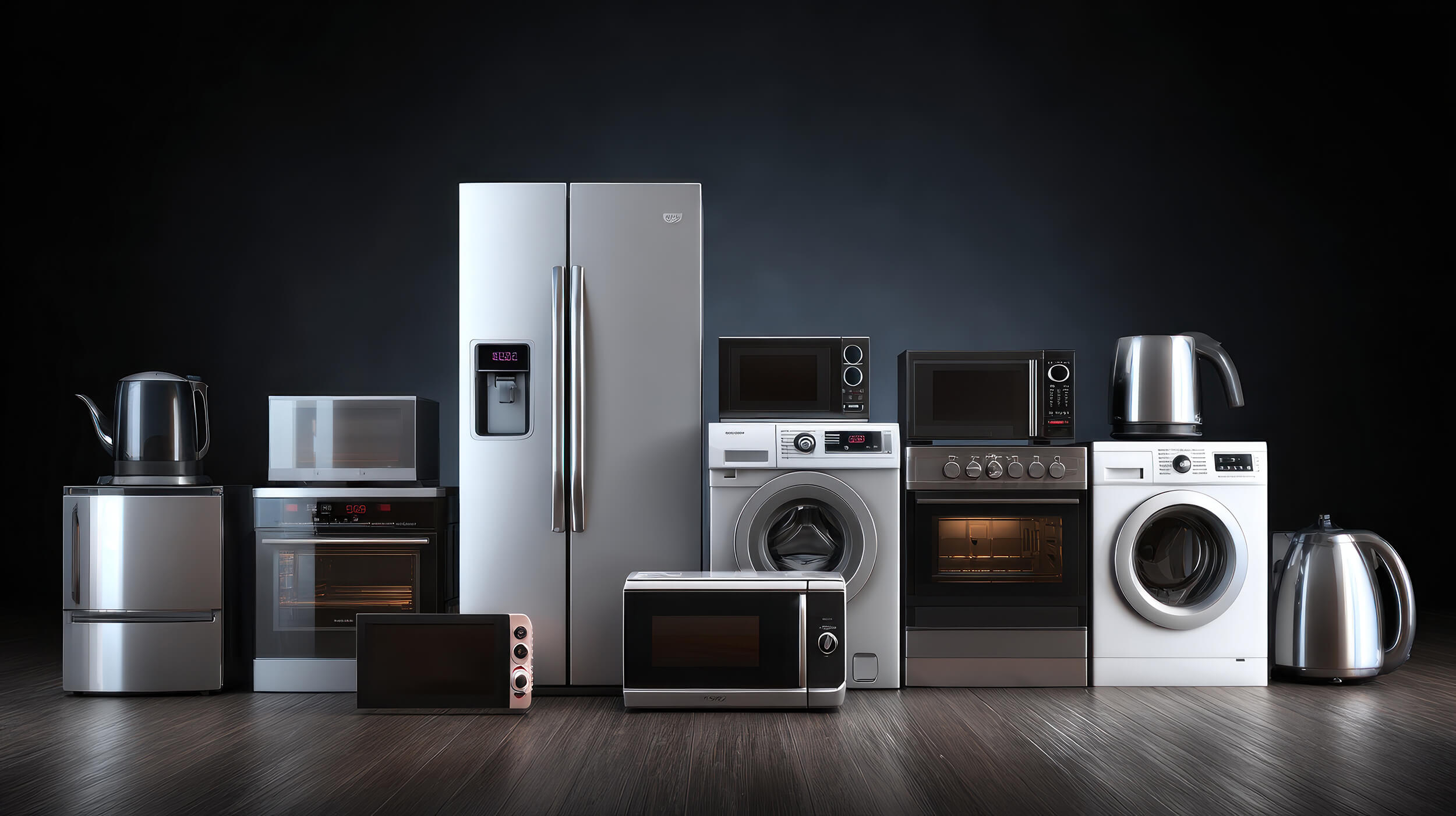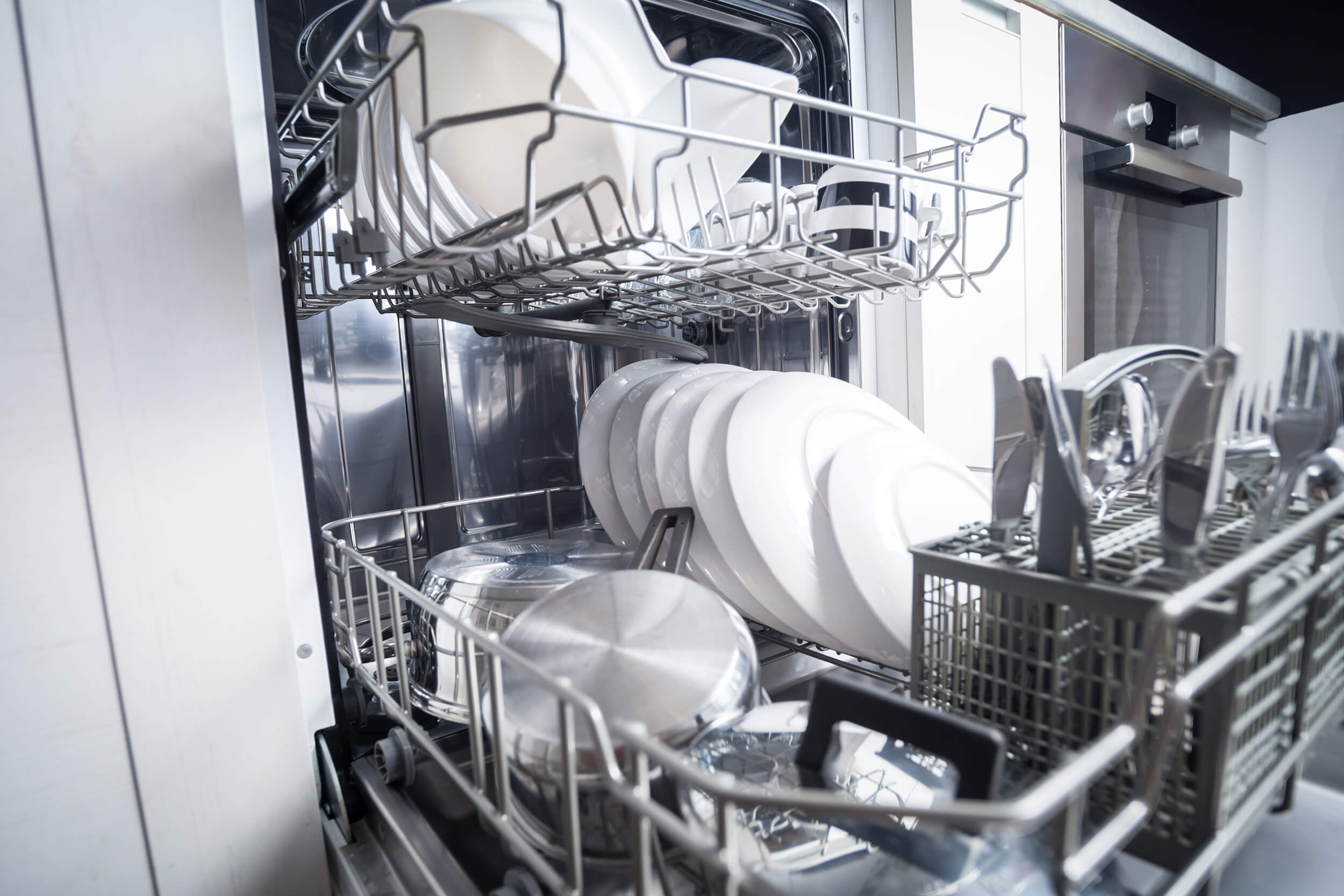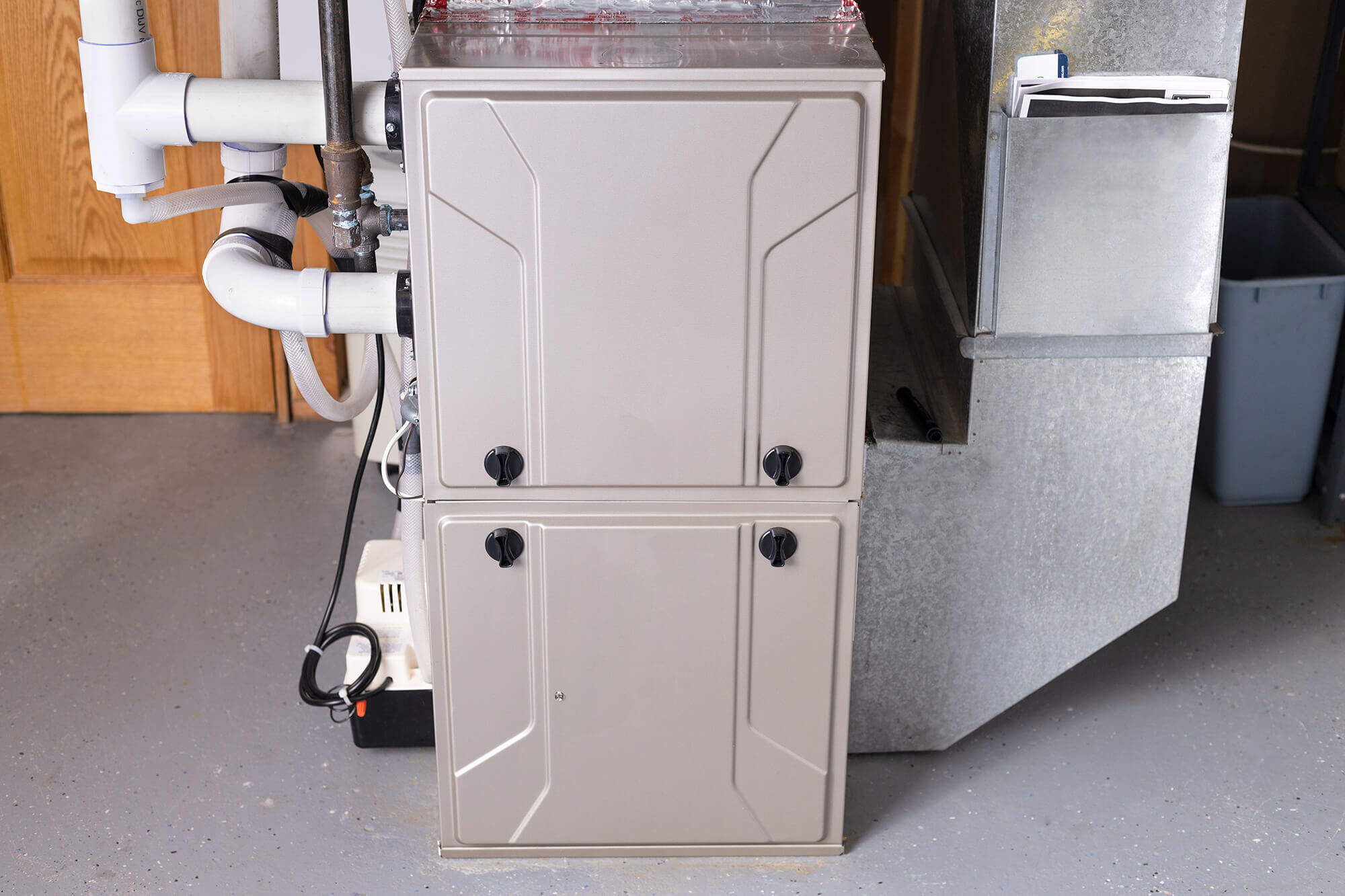NEWS RELEASE
Media Contact: Patrick Kiker
202.507.4043202.507.4043, pkiker@aceee.org
Today President Obama is announcing important new commitments and executive actions that represent major steps forward for energy efficiency. The White House projects that these energy saving actions will result in more than $26 billion in savings by government, consumers and businesses, while also creating new jobs and reducing carbon pollution by 380 million metric tons.
The most important efficiency elements that the president is announcing are two major new energy-saving appliance and equipment efficiency standards. These standards, years in development, cover large electric motors that are commonly used in industry and commercial buildings and walk-in coolers and freezers used to store perishable items like milk and eggs at grocery stores. After comparing the savings estimates provided by the White House to levels achieved by the proposed rules issued in late 2013, Appliance Standards Awareness Project (ASAP) executive director Andrew deLaski made the following statement:
“The Obama administration has hit home runs with these two new energy-saving standards. By spurring improved efficiency in electric motors and supermarket refrigeration systems, they will reduce energy waste, save money, and cut pollution. The more than $26 billion in electric bill savings achieved by 2030 from the new standards will make U.S. businesses and industry more competitive, strengthening the U.S. economy and creating jobs. Today’s announcement is also good news for the environment. The administration is now more than two-thirds of the way to the president’s goal of three billion metric tons of CO2 reductions by 2030 from new standards completed during his presidency.”
The president’s announcement includes other important provisions that ACEEE has been supporting, including: expanded investment in energy efficiency for federal buildings; support for adoption of the most current commercial building codes; financing for energy efficiency in affordable and multifamily housing; and commitments from state and local governments, businesses, and financing institutions for investments in energy efficiency.
In response Neal Elliot, associate director for research, American Council for an Energy-Efficient Economy (ACEEE) made the following statement:
“The climate report released earlier this week showed the damage that will occur if we don’t act now to reduce emissions. The energy efficiency commitments made by the president today will not only benefit the environment by lowering carbon pollution, they are good news for our pocketbooks too. Energy efficiency can save money in every nook and cranny of our economy—these actions will reduce energy waste in industrial plants, commercial buildings, low-income housing, restaurants and supermarkets, water treatment plants, federal buildings, and more.”
About ACEEE: The American Council for an Energy-Efficient Economy acts as a catalyst to advance energy efficiency policies, programs, technologies, investments, and behaviors. For information about ACEEE and its programs, publications, and conferences, visit aceee.org .
About The Appliance Standards Awareness Project (ASAP): ASAP is a coalition that includes representatives of efficiency, consumer and environmental groups, utility companies, state government agencies and others. Working together, the ASAP coalition seeks to advance cost-effective standards at the national and state levels through technical and policy advocacy and through outreach and education. ASAP’s founders include the American Council for an Energy-Efficient Economy, the Alliance to Save Energy and Natural Resources Defense Council. Visit ASAP at www.appliance-standards.org.
###




